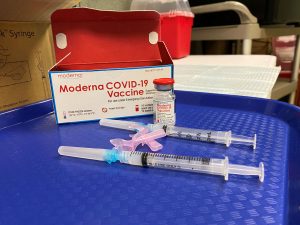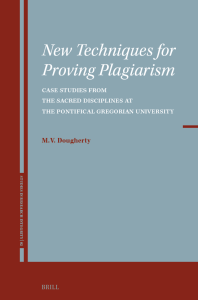The recent criminal indictment of a medical school professor and former scientific advisor to Cassava Sciences on fraud charges for manipulating images in scientific papers and applications for federal funding is a “rare” outcome for such alleged actions that “sends a very, very powerful message.”
That’s according to lawyers who have worked on research misconduct cases.
While many investigations by the U.S. Office of Research Integrity and other government watchdogs find scientists manipulated data in grant applications to the National Institutes of Health and National Science Foundation, few are charged with “major fraud against the United States,” as was Hoau-yan Wang.
Continue reading ‘Rare’ criminal charges for data manipulation in Cassava case send a ‘powerful message’: lawyers








